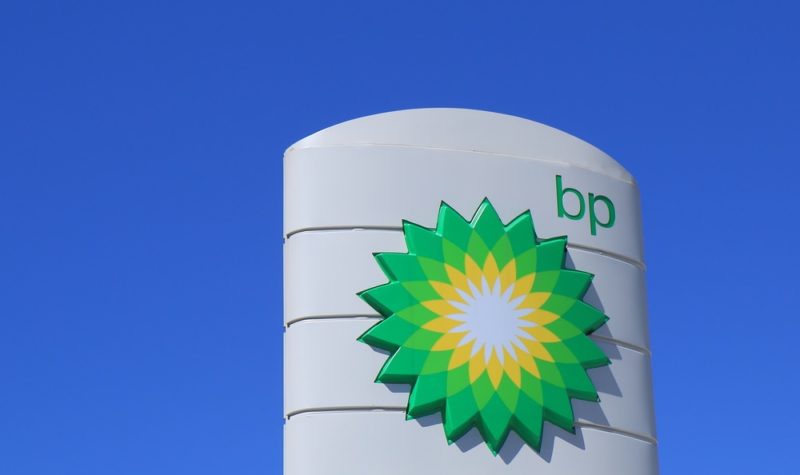Will CEO changes catalyse the returns of these 3 FTSE 100 stocks?

| Master Investor Magazine
Never miss an issue of Master Investor Magazine – sign-up now for free! |
Robert Stephens, CFA, discusses recent management changes at three FTSE 100 companies – BP, Imperial Brands and HSBC.
Senior leadership changes can have a major impact on a company’s performance. A new CEO, for example, may bring fresh ideas on how to turn around a struggling business, or could catalyse a change in dividend policy, M&A activity, as well as cause a shift in investor sentiment.
A large number of FTSE 100 CEO departures announced in 2019 made it one of the most active years in recent history for management reshuffles. Among those companies which announced CEO changes were Imperial Brands (LON:IMB), HSBC (LON:HSBA) and BP (LON:BP).
Imperial Brands
Having announced the departure of CEO Alison Cooper in October 2019, Imperial Brands confirmed the appointment of Inchcape CEO Stefan Bomhard as her successor in early February. He will join the business at a date which is yet to be confirmed, with the company having joint interim CEOs in the meantime.
The company’s change in CEO follows a replacement of its chairman at the start of 2020, as well as a profit warning for the first half of the current year. Its financial performance has been hurt by regulatory change in the US, where demand for e-cigarettes has been lower than expected.
In response, the business will seek to cut costs. However, a revised long-term strategy seems likely to be put in place by its refreshed management team.
Trading on a forward price-earnings ratio of 7, the stock offers a margin of safety, as well as ongoing growth potential within its tobacco division. It may experience further share price volatility in the near term as substantial change could be ahead, but much of its potential difficulties may already be factored into its valuation.
BP
Bob Dudley stepped down after nine years as BP CEO in early February. He has been replaced by the company’s previous Upstream chief executive Bernard Looney.
The change in CEO is taking place alongside a switch in the company’s CFO, as well as following a tough 2019 financial year for the business. Its underlying profit declined by 21% compared to 2018, as weaker oil and gas prices weighed on its performance.
In spite of this, it seems to be in a stronger position than when Bob Dudley commenced his tenure as CEO. It has ramped-up investment in its low-carbon business, and has expanded its presence in the fast-growing fuels market. It has also invested heavily in its Upstream operation, where five major projects commenced production in 2019.
Further weakness in gas and oil prices could hurt the company’s share price. But BP’s yield of 6.8% suggests that it offers long-term value for money.
HSBC
HSBC CEO John Flint stepped down in August 2019 after just 18 months at the helm of the bank. He was replaced in an acting capacity by Noel Quinn, who was previously in charge of HSBC’s global commercial banking business.
The company’s third quarter results were a mixed bag. It experienced a more challenging revenue environment than anticipated. This could prompt a shift in strategy – even under an interim CEO. HSBC plans to rebalance its capital towards higher-return businesses as it seeks to address a lacklustre earnings growth rate in recent quarters.
The bank is expected to release full-year results next week. Share price volatility in the short term seems likely, although its price-earnings ratio of 11 could indicate that it offers good value for money due to the growth potential of many of its key markets across Asia.

Comments (0)